MTN Nigeria has emerged as the fastest mobile network provider in rural communities, clocking an average download speed of 15 megabits per second (Mbps), according to a new report released by the Nigerian Communications Commission (NCC) in partnership with network analytics firm Ookla.
The report, titled “The Great Divide: Urban vs. Rural Speeds,” offers a detailed look into the quality of mobile internet services across Nigeria, revealing stark disparities between urban and rural connectivity. Airtel came in second with 11Mbps, while Globacom trailed behind at around 9Mbps, placing it last among the major operators measured.
For the NCC, these figures represent progress. Rural internet speeds have doubled from 7.5Mbps in January 2025 to 15Mbps by September, a sign that ongoing infrastructure investments are beginning to pay off. However, the regulator noted that the urban-rural gap remains significant, with urban areas still enjoying 5–6Mbps faster speeds on average, largely due to better coverage and more consistent upgrades in city centres.
The report’s mapping system, powered by Ookla’s Analysis and Speedtest (AAS) data, divided Nigeria into urban and rural zones based on population density and user concentration. It found that while urban users can stream videos, make calls, and use online productivity tools with ease, many rural users still struggle with slower upload speeds, limiting their ability to fully participate in digital work and education.
From a technology perspective, the report highlights 4G LTE as the dominant and most reliable broadband technology across the country, a trend expected to continue through 2030. LTE networks in rural regions have shown the most improvement, while 5G, though delivering speeds between 180–220Mbps, remains a niche service confined to select urban areas. Meanwhile, 3G networks are being phased out as they show stagnant performance.
The NCC said it will continue to bridge Nigeria’s connectivity divide by investing in rural broadband infrastructure and encouraging operators to expand 4G and 5G coverage. “Our focus is on reducing connectivity inequality and improving the quality of experience for all Nigerians,” the regulator said.







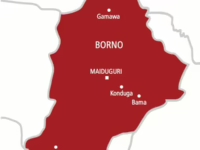
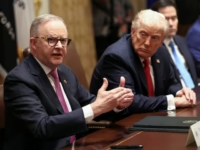

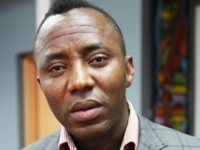
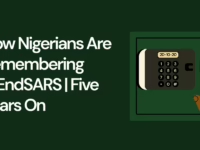




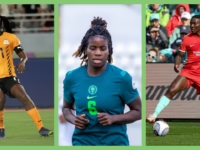
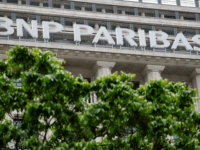
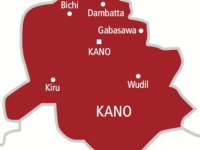
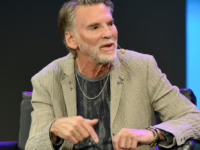

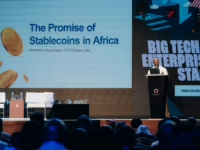
0 Comments